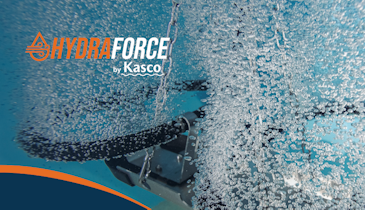WASTEWATER
By Rick Lallish
When conducting a sludge settleometer test, what does the first 5 minutes of the test indicate?
A. Presence of filaments
B. Particle collision rate
C. Presence of zoogloeal matter
D. No useful indication
Answer: D. The settled sludge volume after 5...





